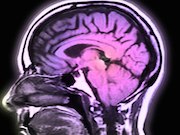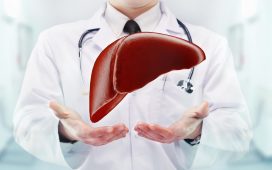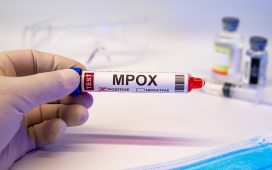Significant decline of insular volume and dorsolateral prefrontal from baseline to follow-up
THURSDAY, March 29, 2018 (HealthDay News) — For patients with major depressive disorder (MDD), relapse is associated with brain cortical changes over two years, according to a study published online March 28 in JAMA Psychiatry.
Dario Zaremba, from the University of Münster in Germany, and colleagues conducted a longitudinal case-control study involving patients with acute MDD at baseline and healthy controls. Participants were subdivided into groups with and without relapse. Three-tesla magnetic resonance imaging was conducted at baseline and two years later to assess whole-brain gray matter volume and cortical thickness of the anterior cingulate cortex, orbitofrontal cortex, middle frontal gyrus, and insula. Data were included for 37 patients with MDD and a relapse, 23 patients with MDD without a relapse, and 54 age- and sex-matched healthy controls.
The researchers found that from baseline to follow-up, patients with relapse showed a significant decline of insular volume and dorsolateral prefrontal volume. Gray matter volume did not change significantly in these regions in patients without relapse. There was no correlation for volume changes with psychiatric medication or with severity of depression at follow-up. In patients without relapse, from baseline to follow-up there was an increase in the anterior cingulate cortex and orbitofrontal cortex.
“This study might be a step to guide future prognosis and maintenance treatment in patients with recurrent MDD,” the authors write.
Two authors disclosed financial ties to the pharmaceutical industry.
Copyright © 2018 HealthDay. All rights reserved.








